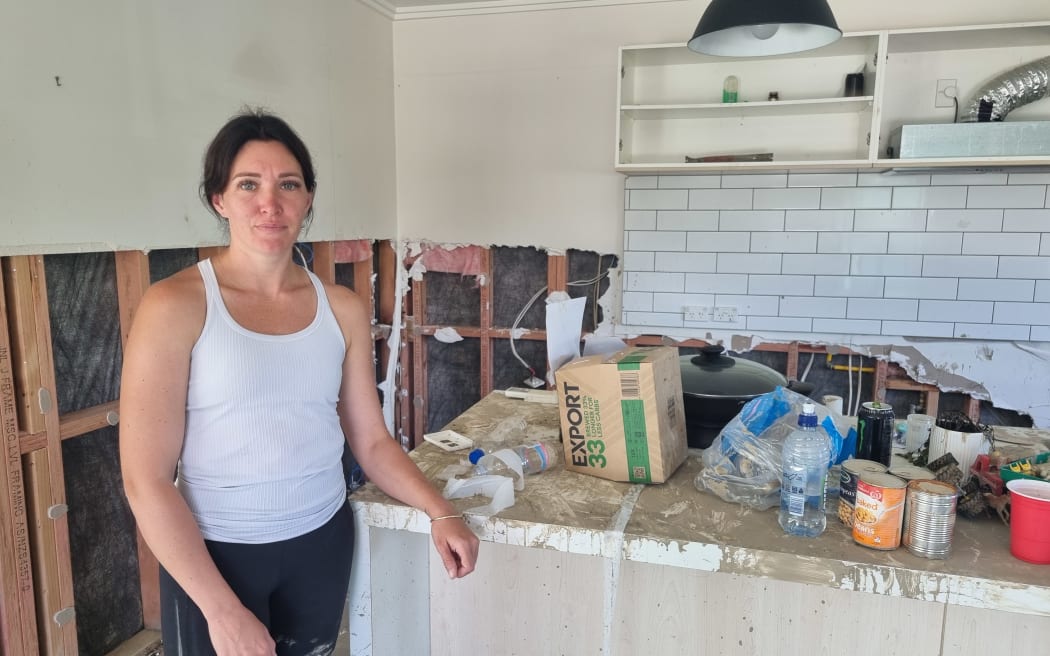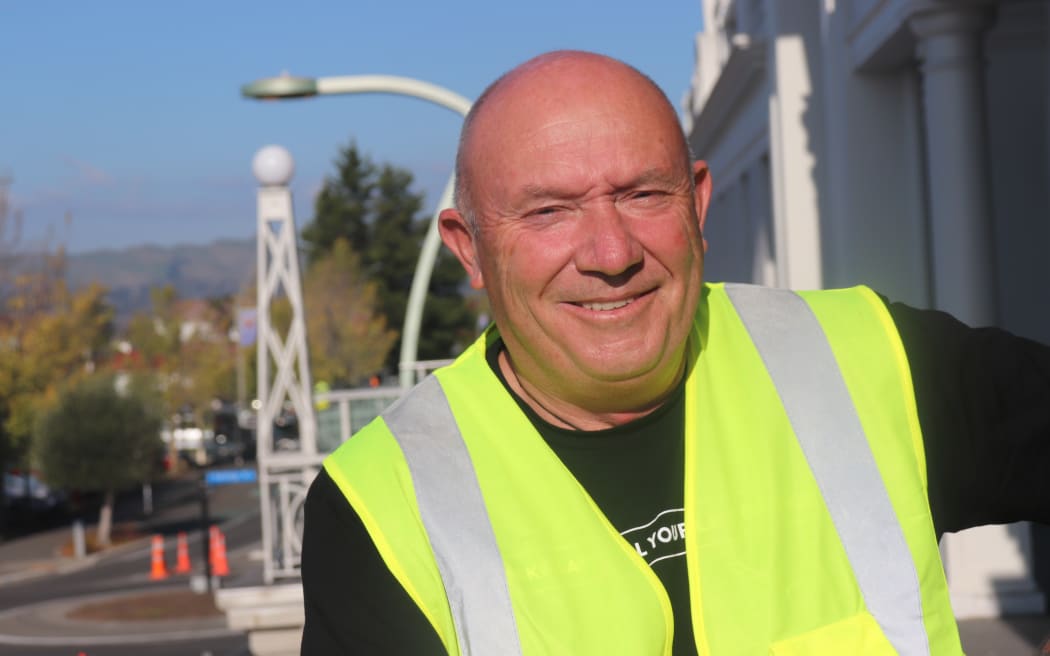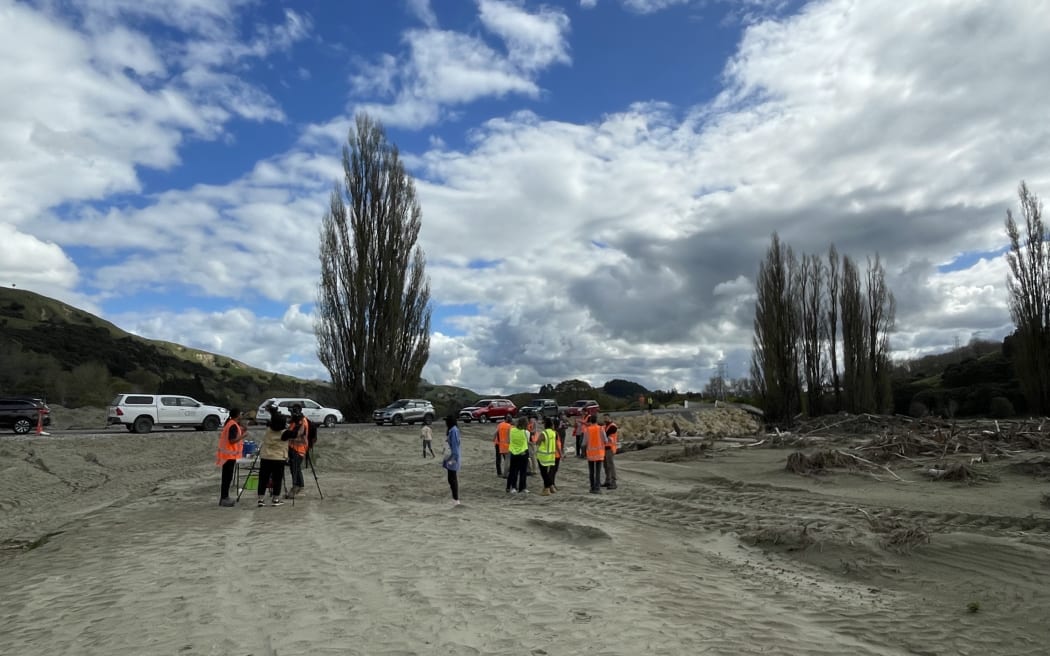Hawke's Bay residents 'over it' as negotiations over cyclone bill cause stress

Some Hawke's Bay residents, whose homes were inundated by rivers of silt during Cyclone Gabrielle, fear the future of their properties depend on the size of cash-strapped councils' bank accounts.
Negotiations between the government and councils over splitting the region's cyclone recovery bill were dragging on and now would not be finished until the end of the month.
Included in those negotiations was who would stump up for flood protection measures to safeguard category two properties.
Whirinaki resident Danelle Kendrick's home was in category 2A - which she described as being in limbo.
"I'm frustrated," she said.
"I'm over it, I've just had to accept it for what it is and I've just had to learn to let go."
Category 2A properties needed more assessment before it was decided whether they fell into category 2C, which need flood protection measures, or 2P, which need things like better drainage or raising.
Without those, they would be put in high-risk category three, which are deemed too unsafe to rebuild and qualify for a voluntary buyout.

Hastings District Council chief executive Nigel Bickle said the council put properties it believed could be saved into category two.
But funding the measures to save them was murky.
"That comes down to, what's the cost and how do those costs get co-funded across government and communities?
"And, you know, with an eye on what can councils afford to do in terms of their ability to borrow, but also ratepayers' ability to pay this through future rates."
Kendrick was not holding out much hope.
"I don't like our chances considering they [the government] announced that there was only $100 million New Zealand-wide for flood affected areas, and there's a lot of stuff that needs to be fixed.
"But it would be just nice to have some direction, to move forward, to know what's actually going on, rather than not knowing when the next meeting is, or the next date, it's just ... waiting."
Whirinaki's situation is slightly unique.
Neighbouring businesses Pan Pac, Transpower and Contact Energy agreed to pitch in to protect themselves and nearby locals.
As part of the Whirinaki Resilience Project, they were essentially underwriting the $750,000 bill for designing and consenting flood protection work.
Pan Pac managing director Tony Clifford said they suffered badly during the cyclone.
"Water and silt came over the top of the stop banks behind Contact Energy and Pan Pac, causing our site to be flooded under two metres of water and 75,000 cubic metres of silt.
"Our aim for the Whirinaki Resilience Project is to identify and implement the infrastructure needed to prevent such an event from occurring again."
But the businesses would eventually look to claw that cash back from councils - and it was hoped the government and ratepayers would fund the construction.

Like Kendrick, Jayde Demanser lives on Pohutukawa Drive in Whirinaki.
She was a community representative working with the project team and said while she was grateful the businesses are trying to help, a solution was not a certainty.
"It still could go either way, so it's still very stressful.
"Are we going to go through all this and then nothing's going to get chosen?
"Are they going to go back and forth over costings, and then it not be viable, and then we'll still be left?"
Demanser said once a flood protection option was proposed, it still had to be accepted by those who were funding it - the council, government, or both.
Then she feared there might not be enough money to actually carry it out.
The Whirinaki Resilience Project hoped to have a preferred option chosen by the end of July, she said.
That is also when council and government negotiations are due to wrap up.
And with that may come an answer about whether there is enough in the coffers to protect this community, and the many others lingering in category two.